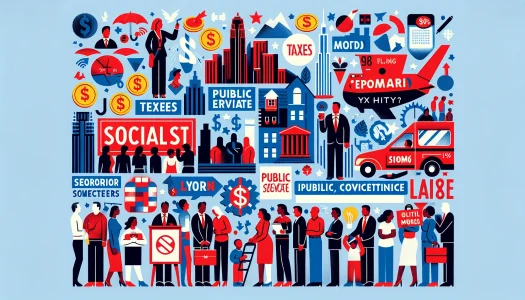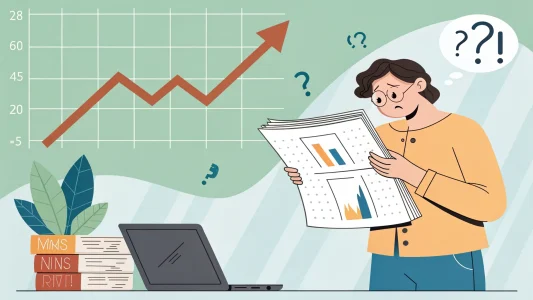Recent geopolitical events and policy announcements have demonstrated an unusual disconnect between significant economic threats and stock market reactions. Financial markets have shown unexpected resilience despite potentially disruptive international developments, including escalating tensions with Russia and proposed substantial tariff increases.
Table of Contents
ToggleProposed Tariff Impact on Major Trading Partners
A significant economic policy proposal regarding new tariffs on major U.S. trading partners has emerged. The plan includes implementing additional tariffs of 10% on Chinese imports and 25% on Mexican and Canadian goods. These three nations represent the most prominent U.S. trading partners, accounting for 41% of international trade volume.
Essential imports affected by these proposed tariffs would include:
- Canada: Oil, automobiles, and lumber
- Mexico: Automobiles, vegetables, and beverages
- China: Electronics and consumer goods
View this post on Instagram
Economic Implications
Implementing these tariffs would likely increase prices across multiple consumer sectors. Economic experts generally find it challenging to construct a positive economic argument for such broad tariff implementations, as they typically result in higher consumer costs and potential trade retaliation.
The agricultural sector faces a significant impact if trading partners implement retaliatory measures. The United States exports substantial quantities of:
- Soybeans
- Corn
- Nuts
An interesting political dynamic exists within this economic scenario, as agricultural communities, particularly farmers, have historically supported these policy positions despite potentially facing negative economic consequences from retaliatory tariffs.
Market Response Analysis
The stock market’s positive response to these announcements raises essential questions about market sentiment and economic forecasting. Two primary interpretations emerge from this market behavior:
The market’s reaction suggests either skepticism about the implementation of these trade policies or a belief that higher prices won’t significantly impact inflation levels.
This market resilience appears particularly notable given the proposed changes’ scope and potential impact on consumer prices. The disconnect between traditional economic theory and market behavior presents a compelling case study in modern financial markets.
The situation highlights the complex relationship between political announcements, economic policy, and market reactions. While economic theory suggests these tariffs could create significant market disruptions, current market behavior indicates either doubt about policy implementation or confidence in economic resilience.
Frequently Asked Questions
Q: How might these tariffs affect consumer prices in the United States?
The proposed tariffs would likely increase prices on various consumer goods, including electronics from China, automobiles from Canada and Mexico, and various food products. These additional costs typically get passed on to consumers through higher retail prices.
Q: What sectors of the U.S. economy are most vulnerable to retaliatory tariffs?
The agricultural sector faces the highest risk from potential retaliatory measures. U.S. farmers who export soybeans, corn, and nuts to these trading partners could experience significant economic pressure if partner nations implement counter-tariffs.
Q: Why might the stock market react positively to news of increased tariffs?
The market’s positive reaction could stem from several factors, including skepticism about whether the tariffs will actually be implemented, confidence in companies’ ability to absorb or pass on additional costs, or a belief that other economic factors will offset any negative impacts.

















